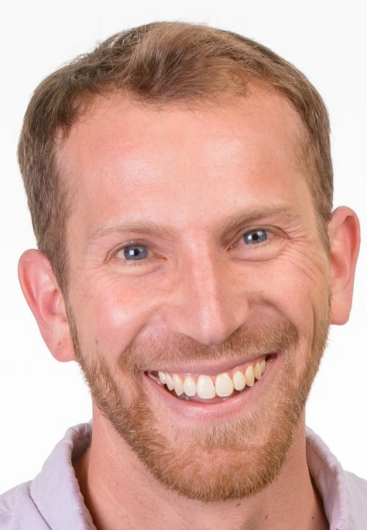Arizona Consortium for Community Engagement, Innovation, and Learning on Consent-Based Siting (CCEIL-AZ)
Program Areas – Responsible Innovation, Science and Technology Policy, Education and Engagement
Partners for Evaluation
Evaluation partners will work with the project team to conduct four types of evaluation: (a) Public values evaluation, (b) Participant activities evaluation, (c) Project process evaluation, and (d) Project outcomes evaluation. The public values evaluation will specifically focus on implementation of the consent-based siting process. The participant activities evaluation will focus on the participants—community members, stakeholders and the broader public. The process evaluation will focus on the management and operation of the consortium. The outcome evaluation will address to what extent the project is able to reach its inclusiveness, effectiveness and empowerment goals.
 Wendy Barnard
Wendy Barnard
Director
College Research and Evaluation Services Team
Arizona State University
Wendy Miedel Barnard is an Assistant Research Professor and Director of CREST (College Research and Evaluation Services Team) in Knowledge Enterprise. She works on evaluation projects funded through the National Science Foundation, US Department of Education, and multiple local non-profits. She received her Ph. D. from the University of Wisconsin-Madison and focused on the impact of early education experiences and parent involvement on long-term academic achievement. Her Masters in Education is from Rutgers University where her coursework and practicum focused on children birth through age five with special needs. She has worked at the Office of Child Development, University of Pittsburgh, as an evaluator on social service and education programs. She has also worked as a birth-three special education teacher and a professional development consultant for preschool programs across the state of Iowa.
 Michael J. Bernstein
Michael J. Bernstein
Senior Scientist
Austrian Institute of Technology
Michael J. Bernstein is a senior scientist at the Austrian Institute of Technology, where he leads the strategic foresight team at the Center for Innovation Systems and Policy. He applies descriptive and participatory social science research methods to align innovation with long-term societal interests, like sustainability. He leads the formative evaluation component of CCEIL AZ and is also involved in the RE4GREEN project on the environmental ethics and impact of European R&I. He has worked extensively on supporting researchers and R&I policy makers to anticipate, reflect on, and respond to social and ethical challenges with technology development (e.g., TechEthos and NewHoRRIzon projects). Previous work includes developing foresight and strategic planning tools to support business innovation for social value (The Global KAITEKI Center, Arizona State University); staffing a participatory Technology Assessment (pTA) to inform U.S. Department of Energy decision-making about siting nuclear waste (ECAST); and evaluating science policy STEM education programs (SOtL). He has experience collaborating with formal and informal science and engineering educators, researchers, policy makers, businesses, and civil society organizations at local, national, and international levels. Michael has also contributed to policy and evaluation initiatives on climate preparedness, resilience, and adaptation for the U.S. White House Council on Environmental Quality and the National Academies of Sciences, Engineering, and Medicine.

Nicholas A. Felts, Ph.D
External Evaluator for Project Outcomes
Nick Felts is an expert in public opinion research, dialogue and deliberation, and the relationship between science and the public and worked for many years as a researcher and program officer at the Charles F. Kettering Foundation. He has published and given invited talks on public deliberation, civic science, public opinion, and political polarization. Felts now consults with organizations across the country who are interested in better understanding public attitudes, fostering public deliberation, and finding ways for institutions and the public to collaborate more productively. Felts holds BA degrees in political science and history from Indiana University and a PhD in political science from Ohio State University. Felts will be responsible for the evaluation of CCEIL-AZ’s overall impact and outcomes related to the consent-based siting process.